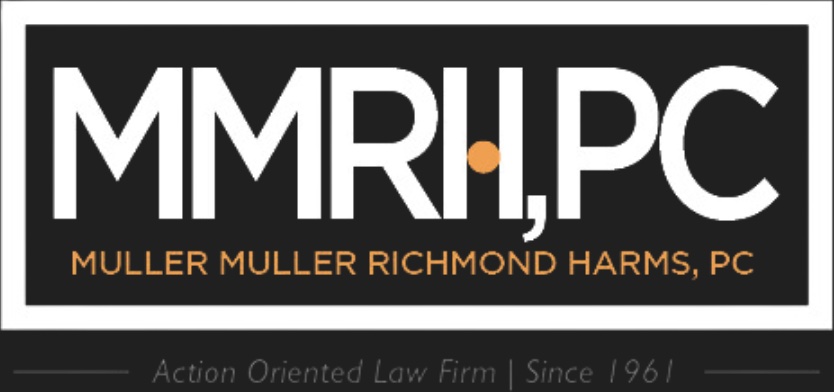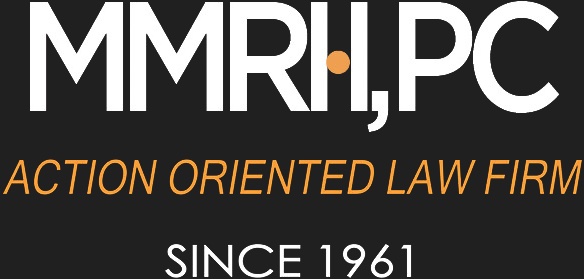Finding Your Debtor's Assets

Are you struggling to get a debtor to pay?
Do you know how to build a list of their assets?
When your debtor isn’t paying, you need to pursue his assets to collect your judgment. After you have a list of his assets, you can proceed with strong collection actions, including garnishment and “execution” (seizure and sale of a defendant’s assets). Start building your list by scouring your collections file for information you already have about the debtor, including:
- Home and business addresses
- Bank references
- Information about significant assets, such as real estate, vehicles, and watercraft
- Place of employment (if the debtor is an individual)
- Your debtor’s customers, or other people or entities who may owe money to the debtor, including:
- Accounts receivable
- Tenants who may owe rent
- Insurance companies who may owe money for claims, such as any fire damage or flood losses
- State taxing authorities who may owe a tax refund (if permitted in your state; federal tax refunds are off limits)
- Purchasers of your debtor’s business who may still owe money on the purchase prior
Include in your list anything that appears to be a possible source of money. If you can identify enough assets to make you reasonably sure you’ll be able to collect the money owed to you, great! If not, consider scheduling a creditor’s examination.
Need More Support? Call a Michigan Debt Collection Law Firm
Do you need help with any of the steps above?
The lawyers at Muller, Muller, Richmond & Harms P.C. can help. Contact an expert Michigan debt collection law firm by calling (248) 645-2440 or submitting a contact form here.


